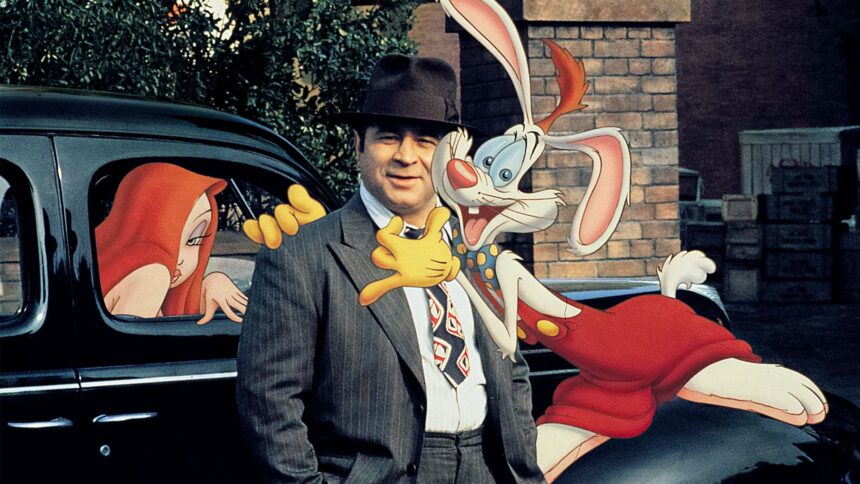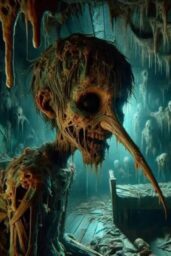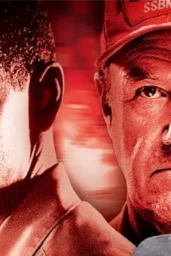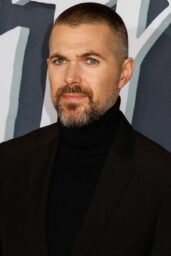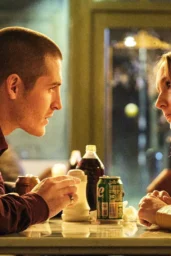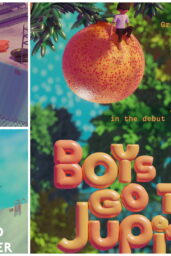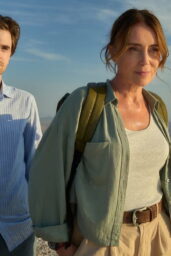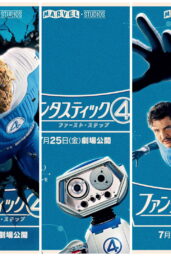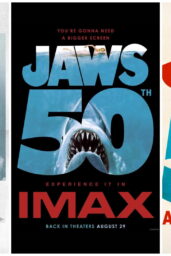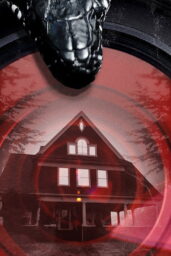The beloved 1988 film Who Framed Roger Rabbit, directed by Robert Zemeckis, blended live-action and animation in a unique narrative set in an alternate 1947 Hollywood. The film followed a private investigator, played by Bob Hoskins, who helps clear the name of Roger Rabbit, a cartoon character wrongfully accused of murder. Despite its critical and commercial success, a sequel titled Roger Rabbit 2 seems unlikely to materialize.
During a recent appearance on the Happy Sad Confused podcast, Zemeckis disclosed that a well-crafted script for the sequel exists but is gathering dust at Disney. The director attributes this stagnation to the studio's apprehension about modern audiences' reception of Jessica Rabbit, Roger's sultry wife. He stated, “The current Disney would never make Roger Rabbit today…They can't make a movie with Jessica in it.” This sentiment reflects broader industry trends where studios are increasingly cautious about how female characters are portrayed in light of contemporary cultural sensitivities.
Jessica Rabbit's character has undergone significant changes over the years, notably during her recent redesign at Disney theme parks, where she was dressed more conservatively. This alteration sparked discussions about how iconic characters are adapted for modern sensibilities and whether such changes dilute their original essence.
While the script by Peter Seaman and Jeffrey Price is reportedly strong, Zemeckis's comments suggest that the cultural landscape has shifted significantly since the original film's release. The reluctance to embrace Jessica Rabbit as she was originally conceived highlights a tension between nostalgia and contemporary values in filmmaking.
In conclusion, while fans may long for a sequel to this animated classic, Disney's hesitance reflects larger societal conversations about representation and character portrayal in media.
The decision not to produce Roger Rabbit 2 raises important questions about artistic integrity versus societal expectations. While it's crucial to evolve character portrayals to reflect modern values, there is also something to be said for honoring the original vision of beloved characters. Jessica Rabbit is an iconic figure whose complexities deserve exploration rather than censorship. A thoughtful approach could allow for a nuanced portrayal that respects both the character's legacy and contemporary sensibilities.
Do you think Disney should adapt classic characters like Jessica Rabbit to fit modern standards, or should they remain true to their original designs? Why or why not?

